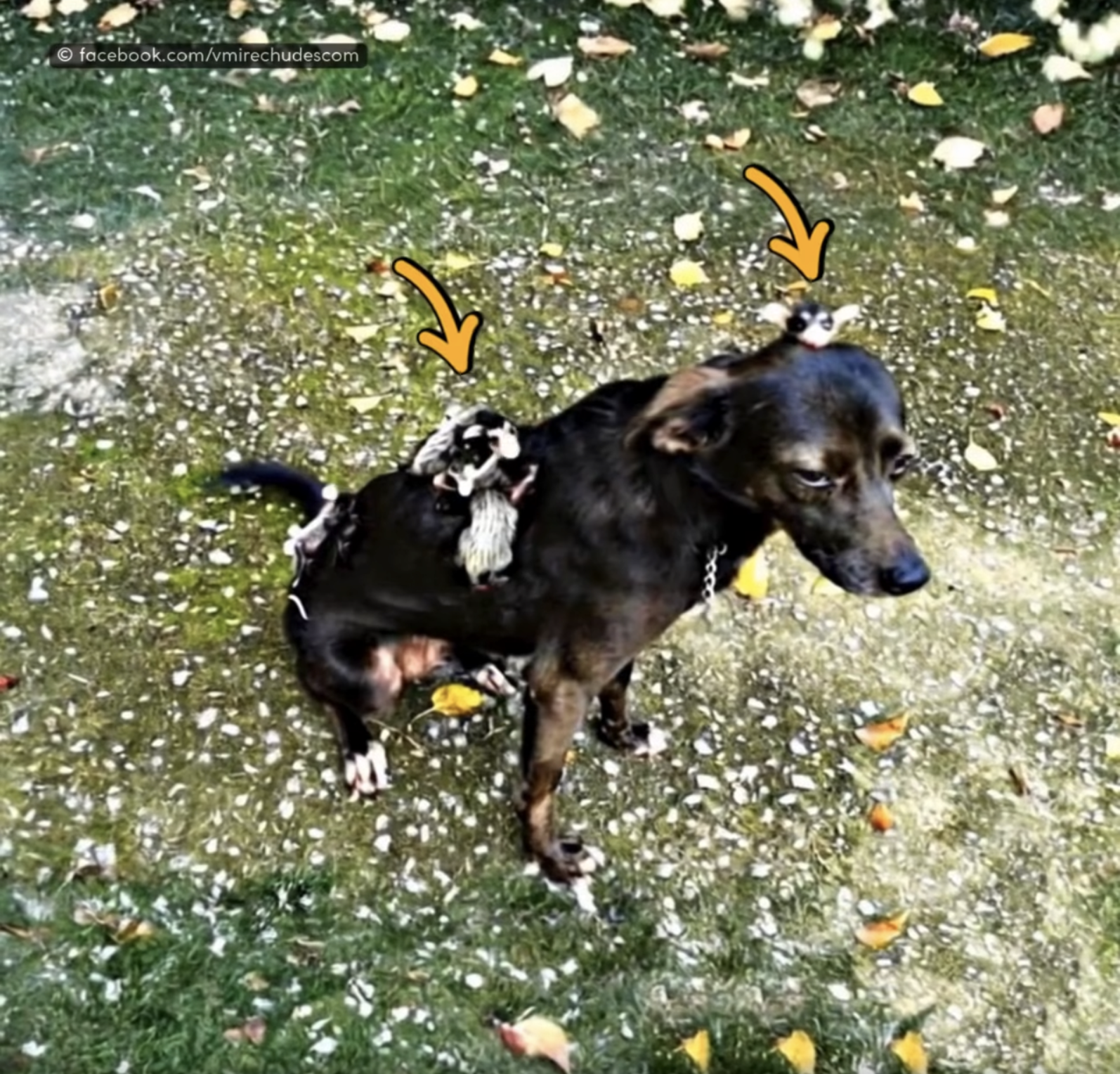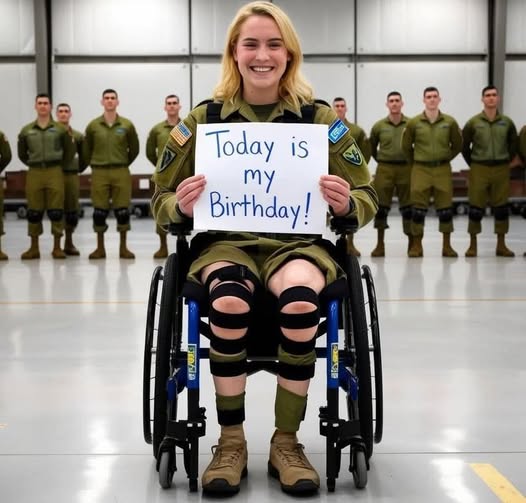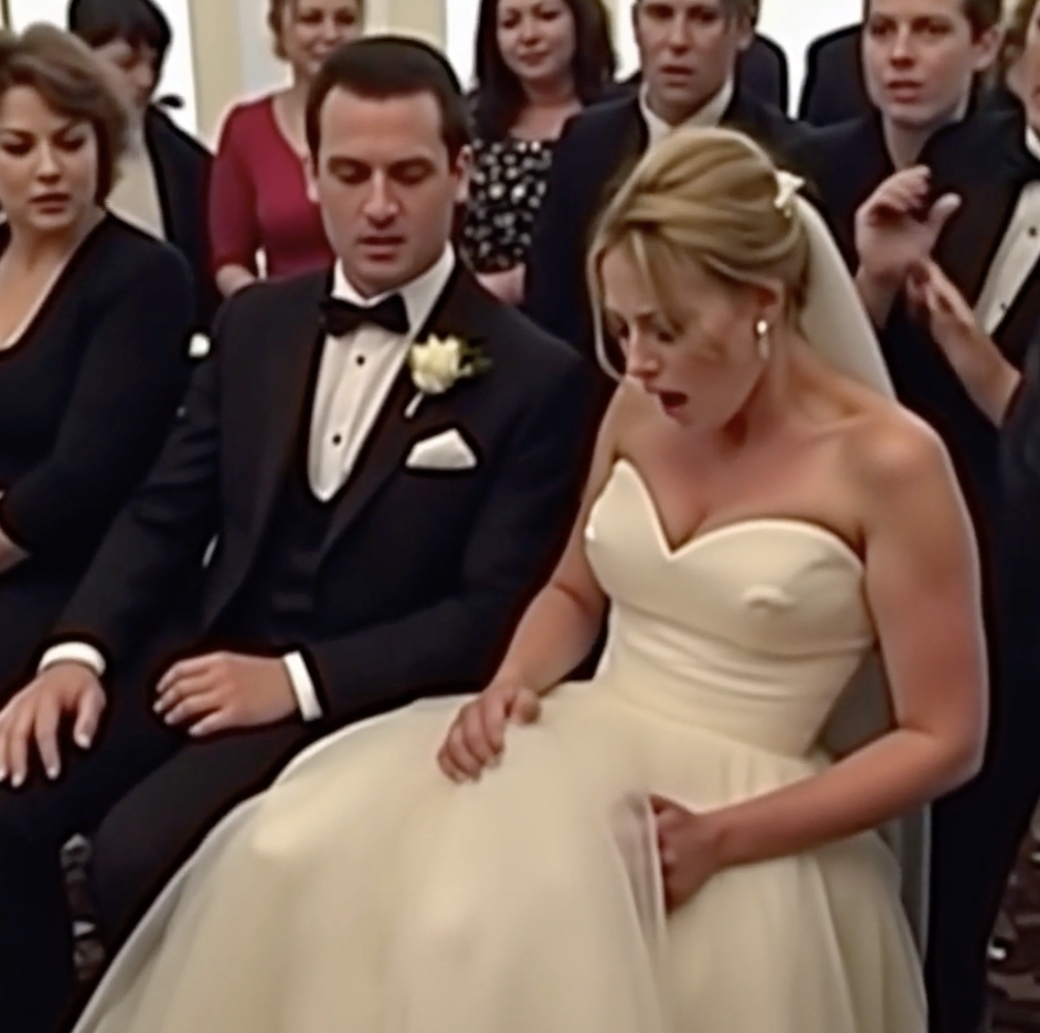I moved into the neighborhood three weeks after my husband passed. It wasn’t a decision made with comfort in mind—it was all I could manage after the medical bills drained what little we had left. The rent was low. Suspiciously low. It didn’t take long to understand why.
He was a big guy. Tall, broad shoulders, tattoos winding down both arms. A tank top, sneakers that looked like they could fit a small appliance. And he was heading straight toward me—fast.
My stomach dropped.
I clutched my purse tighter, pretty sure the fear I felt was written all over my face.
“You doing okay, ma’am?” His voice caught me off guard—deep, but calm. Gentle.
I paused. Then, surprising even myself, I told the truth. “Not really. I don’t feel very safe here.”
He looked around, then back at me. “Yeah… you’re not the only one. That’s why I stick around. So folks like you don’t have to feel that way.”
Without waiting, he picked up one of my grocery bags, offered his arm, and said, “Come on. I’ll walk you home.”
We didn’t talk much during the walk. But when we reached my door, I found myself asking, “Why do you do this?”
He gave a soft smile. “Because someone did it for my mom once. And it changed everything—for her and for me.”
Before I could say anything, he gave a nod and walked off. I stood there frozen—shaken, but oddly reassured. Like maybe this place wasn’t as broken as it first looked.
That night, I left the blinds cracked open just a bit wider.
The next morning, a small paper bag sat on my porch with a handwritten note: Fresh from Miss Anita’s—start with the peach scone.
Inside were three pastries. Still warm.
No signature. But I had a feeling.
Over the next few days, I saw him again—helping an older man carry his groceries, laughing with a group of teenagers who actually seemed to listen to him, stepping in calmly when two people nearly came to blows outside the liquor store.
Curious, I asked the woman at the corner shop about him.
“Oh, Marcus?” she said as she rang me up. “He’s a good one. Lives a couple blocks over with his little sister. Been through it.”
“What kind of stuff?” I asked, careful to keep my voice light.
She leaned in slightly. “Lost his father young. His mom raised both kids. He got into some trouble growing up, wrong crowd. But he turned himself around. Now he works part-time at the community center, takes classes, and does his best to keep this neighborhood from falling apart.”
That evening, I baked banana bread—the one thing I hadn’t ruined in the oven—and wrapped it in foil. After dinner, I brought it over to the rec center.
He was sitting out front with two boys. When he saw me, he stood.
“I figured it was you who left the pastries,” I said, holding out the foil-wrapped bread.
He laughed. “Guilty.”
“It’s nothing fancy. Just… thank you.”
He nodded and took it. “Means more than you know. And thanks for not assuming the worst.”
That was the beginning.
We started talking more. I found out he was twenty-eight—older than I’d guessed, but he carried himself like someone who’d seen a lot. His sister, Leila, was seventeen and getting ready to graduate. He worked during the day, studied at night.
One afternoon, he knocked on my door with a small toolbox.
“Noticed your porch light flickering. Thought I’d fix it before it gave out.”
I didn’t argue. While he worked, I brewed tea. It became a rhythm—he’d stop by, I’d have something warm ready.
Then one night, just past midnight, I woke to shouting. A woman was screaming from across the street. I peeked through the blinds. Two people stood under a flickering streetlamp. One of them gripped a bottle.
I called Marcus.
He answered immediately.
“There’s something happening outside,” I said. “She looks scared.”
“Stay inside,” he told me. “I’ll be right there.”
A few minutes later, I saw him appear—calm, confident. He stepped between them like he belonged there. The man backed down. The woman began to cry.
The next morning, she was on Marcus’s porch, sipping coffee with Leila.
He wasn’t just helping people—he was piecing the neighborhood back together.
Then, something changed.
Marcus stopped answering his phone.
One day passed. Then another.
On the third day, Leila showed up at my door, eyes swollen from crying.
“He’s in the hospital,” she whispered. “He got jumped walking home from class. Took his wallet and his phone. He fought back… but they hurt him bad.”
I nearly collapsed on the spot.
The next day, I brought flowers and banana bread.
His face was bruised, his arm in a sling, but when he saw me, he smiled.
“Guess I’m not made of steel after all,” he said with a raspy chuckle.
“You don’t have to carry it all, Marcus. Let others take the lead for a bit.”
He looked at me. “Yeah. But… if not me, then who?”
That’s when it hit me: maybe it could be me.
I started walking with older neighbors to the market, picking up trash near the park, helping organize food boxes for a family going through hard times.
I wasn’t Marcus. But I could do my part.
And slowly, things shifted.
The teens started lowering their music when I passed. Tre, one of the boys from the block, began walking Miss Clara’s dog each night. The woman across the street made soup after hearing Marcus was on the mend.
We were far from perfect. But we were trying.
Two months later, Marcus returned to the rec center.
He moved slower, but his smile was the same.
“You’ve done a lot here,” he said.
“No,” I told him, “you laid the groundwork. I just kept it moving.”
That summer, we threw a block party. Music, food, laughter. Even the landlord showed up—and promised to repaint the graffiti and fix the broken streetlights.
Later that night, Marcus and I sat on my porch. He had a popsicle. I had iced tea.
“You know,” I said, “when I first came here, I was terrified.”
He nodded. “Yeah. I remember.”
“But now… it feels like I belong.”
He smiled. “That’s the goal.”
There was a pause, then he said quietly, “My mom passed five years ago. She used to tell us, ‘We’re not here just to get by—we’re here to leave things better than we found them.’”
I blinked quickly, trying not to cry. “She’d be proud of you.”
He looked down at his popsicle, now melting. “She’d be proud of us.”
Time moved forward. Leila got accepted to college. Tre applied to join the fire department. The corner shop started selling fruit and flowers near the front.
Then came the call I never expected.
It was the landlord’s office.
“We’re lowering your rent by a hundred,” the woman said.
“Wait—what? Why?”
“Well,” she said, “we’re getting fewer complaints. More lease renewals. Whatever you all are doing over there—keep it up.”
I laughed. “Will do.”
I stepped outside just as Marcus jogged past—still healing, but grinning.
“Hey!” I called. “You free next Saturday?”
He slowed. “Why, what’s up?”
“Thinking of running a garden workshop. Some kids want to grow sunflowers.”
He grinned. “I’ll bring the tools.”
Looking back, I never would’ve believed that this street—where I once felt so out of place—would become home.
But it did.
And maybe the lesson is this:
Sometimes, the places that scare us most… are just waiting for someone to care enough to make a difference.
So if you ever feel like you don’t belong, maybe the answer isn’t finding somewhere new.
Maybe it’s becoming someone who makes where you are better.




